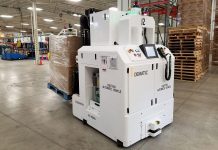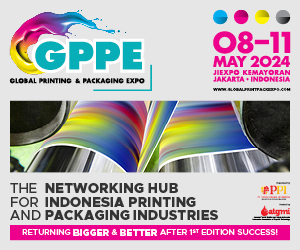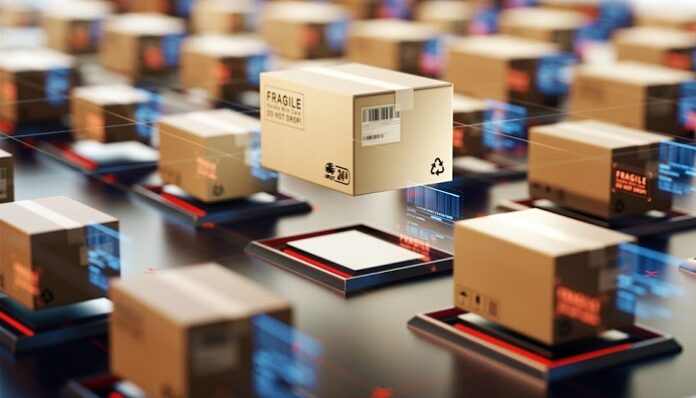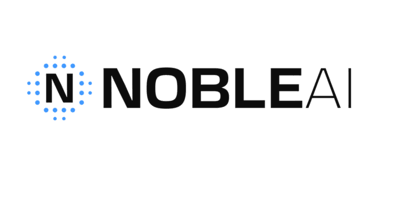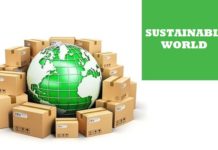Pressure is growing on the packaging industry to increase focus on the sustainability of the packaging ingredients. The challenge is complicated however. The goal is not only to identify ingredients that are safer and won’t end up in the Pacific garbage patch for millenia. It’s also to source ingredients that are reliably available, won’t get hung up in supply chain hiccups and will perform to the same standards as existing packaging. Companies are facing this challenge as material costs continue to rise, so lest I forget to mention the pressure on the bottom line, the goal should also be to identify cost effective ingredients.
But there’s good news amidst what may seem like a dilemma that can sit on the backburner for a while. New science-based AI technology, which combines scientific knowledge with computational algorithms, is playing a crucial role in helping companies to identify alternative ingredients and assess their performance, environmental impact, and cost. This technology also helps to eliminate the time consuming, laborious and costly pursuits this process would have previously entailed.
Why Does This Matter?
Traditional packaging materials incorporate various toxic and hazardous components to enhance specific properties like strength and flexibility. Some of the chemical compounds that contribute to the endurance of the end product also mean these materials endure in the environment. We now also increasingly understand that these elements are a threat to human health and the environment, intensifying the urgent search for safe, sustainable, reliable and consistent replacements. Additionally, the decision to move to safer, more environmentally-friendly ingredients may ultimately no longer be a choice as governments increasingly look to regulate toxic ingredients.
Exploring viable replacements for toxic components requires searching through a vast quantity of possible chemical formulations and combinations, evaluating their performance and quality in different scenarios and applications, and testing their safety and environmental impact. This is an expensive process that will require numerous, complex lab-based chemistry experiments. Until now.
AI can support supply chain challenges
In a volatile world, packaging companies need to be able to adapt quickly to supply chain challenges that impact the availability of critical product ingredients. When new formulations are required, science-based AI can help development teams quickly zero in on alternative ingredients, saving time in the lab so that businesses can ensure that packaging companies get products to consumers on time and on budget.
Rapid identification of alternative ingredients offers significant advantages to your businesses’ supply chain. In addition to identifying safer ingredients, it enables a supply chain to quickly adapt to unforeseen disruptions such as shortages or price fluctuations, ultimately helping your company to maintain a steady flow of materials. Additionally, depending on a single source for ingredients is inherently risky. Identifying alternative ingredients allows a supply chain to diversify its sources, ultimately minimizing the risk of supply chain disruptions from geopolitical events, natural disasters or other disruptions.
The Technology is Here
Scientists can now quickly identify potential alternative compounds by running thousands of experiments virtually, saving expensive and time-consuming lab experiments for the most promising candidates. It accomplishes this by training an AI model with scientific laws governing molecular behavior and physical systems, enhancing predictive accuracy in new design areas of sustainable chemistry. Furthermore, this science-based AI approach helps to transcend the opaque nature of traditional data-driven AI models, providing clearer insights into process-structure-property relationships crucial for sustainable packing applications. Once this is done, scientists can quickly explore all the possible chemical formulations or combinations, identifying compounds that could replace toxic ingredients without sacrificing performance or quality. AI models can also help teams evaluate the trade-offs between different alternatives in terms of cost, availability, safety, or environmental impact.











